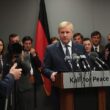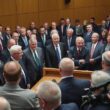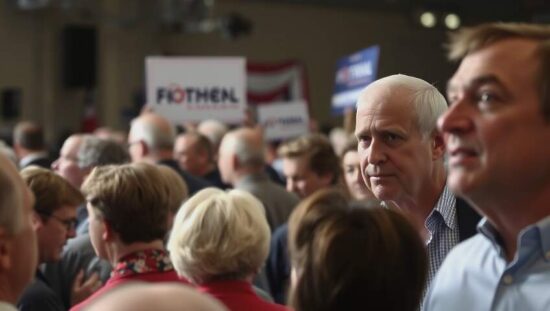The Social Democratic Party (SPD) has forcefully rejected criticism leveled by CDU parliamentary group leader Jens Spahn regarding SPD parliamentary vice-chair Wiebke Esdar’s participation in a protest against recent remarks by Chancellor Friedrich Merz concerning urban landscapes. The rebuke highlights deepening fissures within the governing coalition and raises questions about the boundaries of parliamentary opposition.
Speaking to the “Rheinische Post”, SPD parliamentary affairs director Dirk Wiese defended Esdar’s presence at the demonstration, emphasizing her long-standing commitment to the Bielefeld alliance against extremism. He stated that Esdar, as a founding member of the group, regularly participates in their public actions. The demonstration’s slogan, “We are the cityscape” aimed to promote a diverse and tolerant urban society, a message that has drawn controversy. Wiese cautioned against overanalyzing the event, suggesting the symbolism was straightforward.
The controversy stems from Esdar’s visible dissent against a position publicly held by a leading figure in the CDU and has been seized upon by Spahn, who expressed skepticism in an ARD broadcast, “Report from Berlin” questioning the viability of “opposition within the government”. His comments underscored a growing frustration within the CDU regarding perceived disunity and a lack of clear policy lines within the governing alliance.
Wiese countered Spahn’s criticism by advocating for a collaborative approach to fostering thriving urban environments, emphasizing the need for increased safety in both public and private spaces and a firm stance against those who disregard established societal norms. He extended an invitation for the CDU to join the SPD in this endeavor, signaling a desire to bridge the widening ideological gap. However, the exchange exposes a fundamental tension: while calls for unity and compromise are voiced, the incident lays bare the complex and often fraught nature of governing in a coalition, particularly when differing ideological perspectives clash. The question now remains whether this incident represents a temporary disagreement or a more significant crack in the foundation of Germany’s governing structure.





